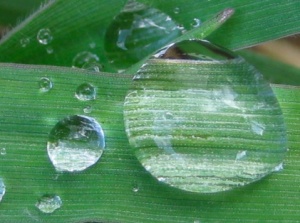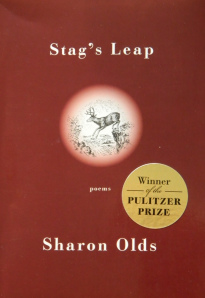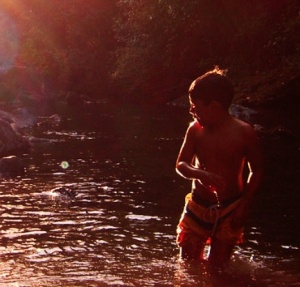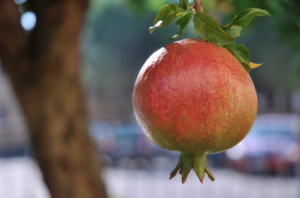 In addition to its humanity — its giving voice to people that history and art have often overlooked — one of the great pleasures of Eavan Boland’s poetry is the way it layers time and moves through time. At our last meeting, the Book Club for Poets focused on poems from Against Love Poetry, several of which show Boland’s ability to merge past and present, historical and personal, the captured moment and the fleetingness of time.
In addition to its humanity — its giving voice to people that history and art have often overlooked — one of the great pleasures of Eavan Boland’s poetry is the way it layers time and moves through time. At our last meeting, the Book Club for Poets focused on poems from Against Love Poetry, several of which show Boland’s ability to merge past and present, historical and personal, the captured moment and the fleetingness of time.
In “Making Money,” for example, the poet devotes the opening five stanzas to a narrative describing how women living near the River Slang were employed to make money for the British government. Boland describes the process closely, from the “first ugly hour” of the women’s waking, to “the toil / of sifting and beating and settling and fraying / the weighed out fibres” of “rag” and “hemp.” The poem then shifts into what the women themselves cannot see — the consequences of British wealth in Ireland, compressed into a single stanza:
And they do not and they never will
see the small boundaries all this will buy
or the poisoned kingdom with its waterways
and splintered locks and the peacocks who will walk
this paper up and down in the windless gardens
of a history no one can stop happening now.
Nor the crimson and indigo features
of the prince who will stare out from
the surfaces they have made on
the ruin of a Europe
he cannot see from a surface
of a wealth he cannot keep
The poem then challenges its readers. If we can’t acknowledge that the past is “a crime we cannot admit and will not atone,” the women are still there “in the rainy autumn” as the “wagons of rags . . . arrive.” The women will always be “facing the paradox” of making money in their poverty, “learning to die of it.”
In “Thankëd be Fortune,” the poet moves from “constellations, / orderly uninterested and cold” to “the bookshelves just above” the sleeping narrator and her husband:
all through the hours of darkness,
men and women
wept, cursed, kept and broke faith
and killed themselves for love.
The poem then shifts from literary time into the present of the couple as they wake and hear their child waking — “listening to our child crying, as if to birdsong” — and the poem ends with an evocative, mysterious image: “the grass eking out / the last crooked hour of starlight.” Is the grass photosynthesizing starlight? What, to human eyes, seems like the timelessness of the constellations is translated into the more mortal time span of the grass.
Boland creates a similar moment in “The Pinhole Camera,” noting first our knowledge of the natural world and how time works here (“the reason for the red berries / darkening”). The speaker then describes the narratives that humans have created to explain phenomena like solar eclipses (“if this were legend / the king of light would turn his face away”) — before the poet captures the workings of the universe in an everyday object, a piece of paper below the pinhole camera:
But this is real —
how your page records
the alignment of planets,
their governance.
In other words,
the not-to-be-seen again
mystery of
a mutual influence.
Besides the pleasure we get in reading Boland’s poetry, we can also use these poems to remind ourselves to consider how time moves in our own poetry. Can we include more than one scale of time in our own poems? Can we explore when to be leisurely and when to move swiftly, compressing events?
Sources
Boland, Eavan. “How We Made a New Art on Old Ground.” New Collected Poems. 1st American ed. New York: Norton, 2008. 296–297.
— — —. “Making Money.” New Collected Poems. 1st American ed. New York: Norton, 2008. 292–293.
— — —. “The Pinhole Camera.” New Collected Poems. 1st American ed. New York: Norton, 2008. 280–281.
— — —. “Thankëd be Fortune.” New Collected Poems. 1st American ed. New York: Norton, 2008. 286.




